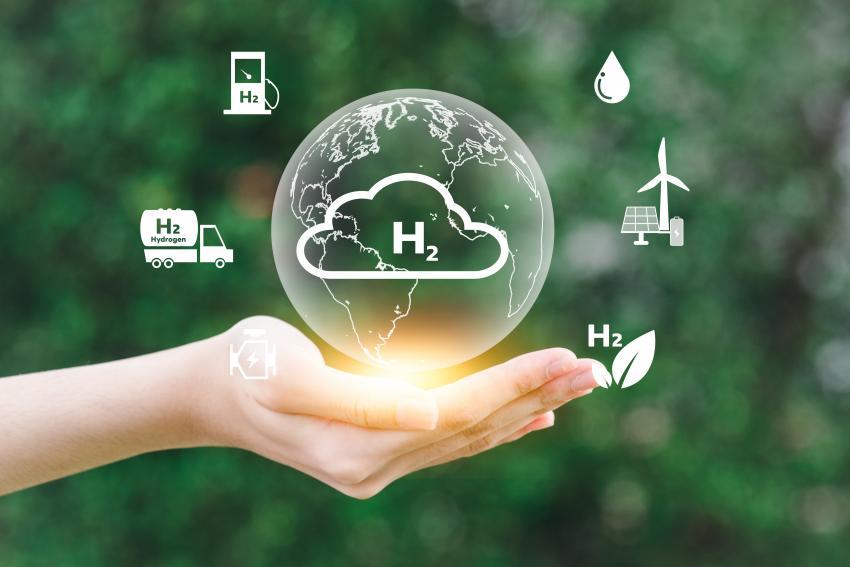The project Cross-border Hydrogen Valley around the Baltic Sea (BalticSeaH2) aims to create the first and largest transnational cross-border hydrogen valley in the Baltic Sea region in order to develop a hydrogen circular economy in the region, as well as to promote a faster transition to the generation and use of renewable energy in Europe. Within the framework of the project, partners will develop the value chain of the hydrogen economy, conduct research related to its generation and use, as well as develop feasibility study for hydrogen solutions and implement pilot projects.
40 partners from 9 countries - municipalities, innovation, technology and manufacturing companies, scientific institutes - are participating in the project. Latvia is represented in the BalticSeaH2 project by the Freeport of Riga Authority and the Green and Smart Technology Cluster.
Within the framework of BalticSeaH2, the Freeport of Riga Authority will conduct an in-depth study on the possibilities of hydrogen technologies in the maritime sector - on the transportation, storage and production of hydrogen and its products, as well as on the use of alternative fuel solutions (methanol, ammonia, etc.) for shipping. The development of a feasibility study and a project is also planned in the port of Riga to carry out retrofitting the auxiliary fleet for operation based on hydrogen hybrid drive technologies.
The project is being implemented with the support of the European Union's Horizon Europe programme. It was launched in June 2023 and its total implementation period is 5 years. The total budget of the project is 33 million euros, where 25 million euros is EU funding. The amount of the Freeport of Riga Authority’s EU funding for a 5-year period is planned in the amount of 138.75 thousand EUR.
 English
English























